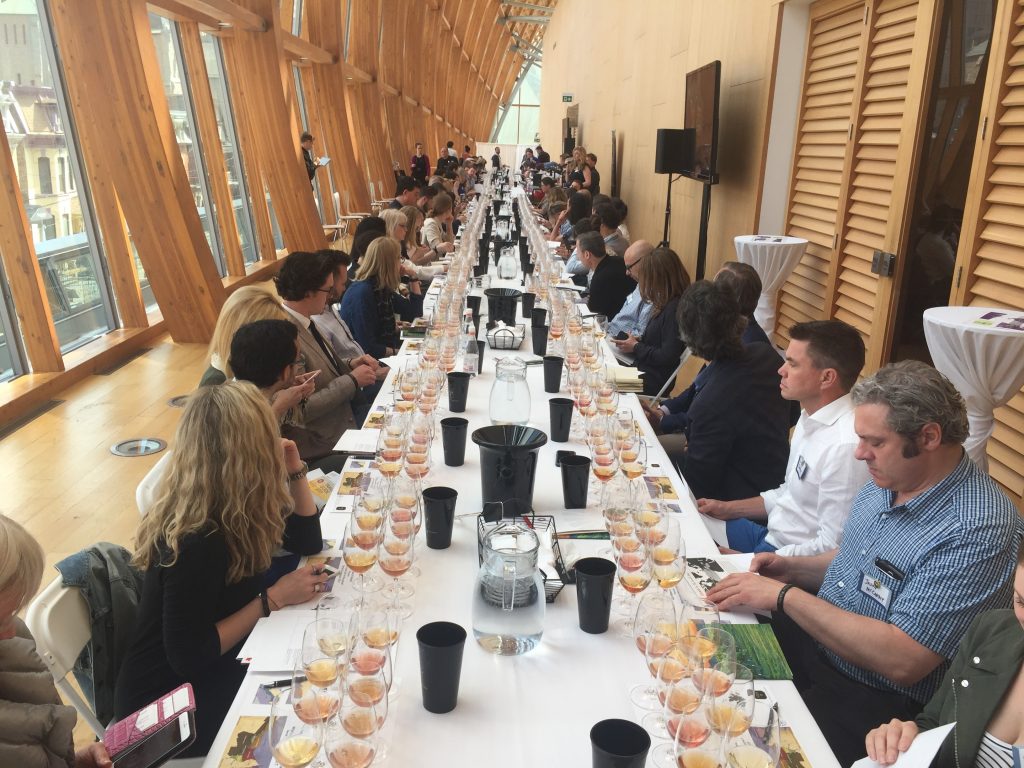
A huge turnout for the Wines Of Ontario “What’s Your Skin In The Game?” Orange Wines tasting seminar at this year’s Terroir Symposium.
Challop (noun) – plural : challops
Pronounced “chah-lop’
1: Abbreviation for challenging opinion.
2: An irregularly published column on website Good Food Revolution.
After commenting on a Facebook thread that I wasn’t particularly fond of most so-called Orange wines, a dogmatic natural wine type told me that I was “on the wrong side of history”. I know it’s not exactly the same as the ridiculous bipartisan politics that mark 2016/2017, but quite how we got to this place where many people feel “you are either with us or you’re against us” when it comes to a wine’s bloody vinification is utterly beyond me.
Don’t get me wrong here. I’m not saying that I feel all orange wines to be terrible, I have simply discovered over the past ten years or so that they are, for the most part, really not for my palate. Yes, I can find them fascinatingly challenging and quirky at times, but at the end of the day there is very little chance that I would ever purchase a glass of the stuff for pleasure, let alone a full bottle. I have been known to quip about them being the sour beers of the wine world, whilst understanding that there is a particular demographic that really, truly enjoy the stuff. I see tasting both of them more as an academic exercise than anything else, and that certainly doesn’t make me a bad person, nor does it mean that I have an under-evolved palate.
With most examples I find that the process itself tends to dominate both the aromatic and textural components of the wine, and indeed it has been argued by some that skin-fermentation nullifies any sense of varietal or terroir in white wines. Now it could be said that the same applies to say Champagne or Sherry, but for the most part I don’t take pleasure in the elements that this particular process brings to the party.
Saying all that, I actually will go as far as saying that I really don’t mind some of the more ramato style Pinot Grigio/Gris out there.
Despite the fact that I personally don’t tend to typically enjoy this particular wine style, I’ll defend to the death the right of others to produce, sell, and consume it. With this in mind, it is interesting to see that the VQA are in the process of hammering out the regulations and specifications of a new category specifically for skin-fermented white wines (read: orange wines).
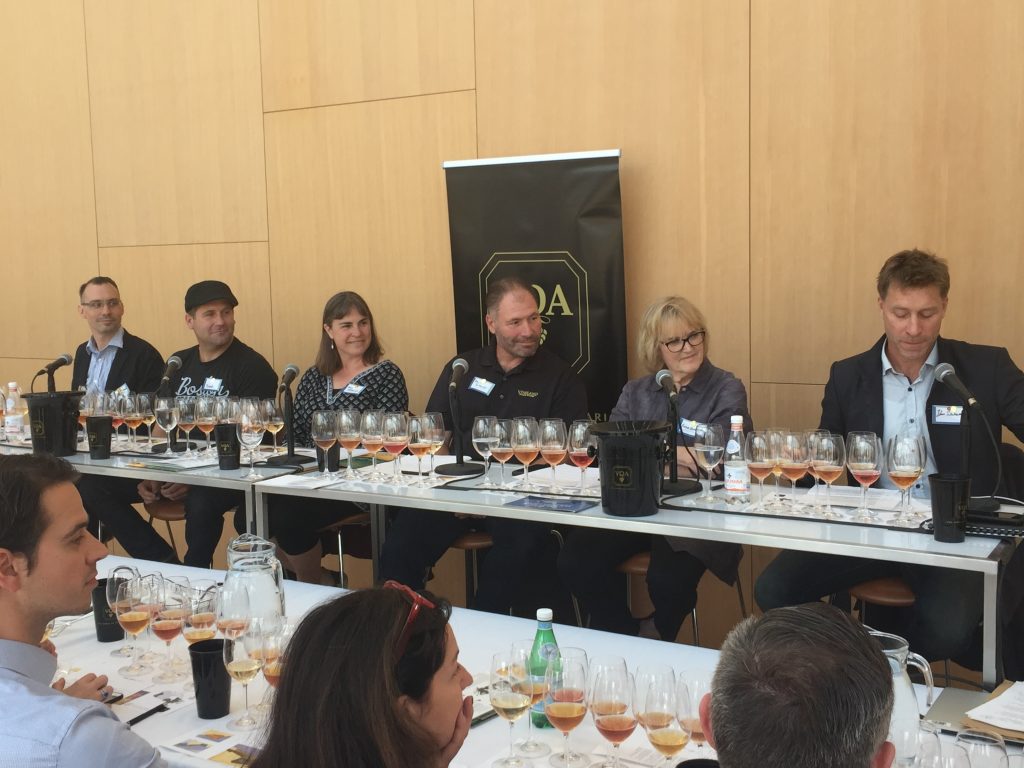
A huge turnout for the Wines Of Ontario “What’s Your Skin In The Game?” Orange Wines tasting seminar at this year’s Terroir Symposium.
Up until these new regulations come into place, the rulings as they stand make it very difficult for a producer to make (and more importantly, sell) anything that exists outside the extremely rigid template for typicity that the VQA tasting panel steadfastly adheres to. Many argue that this archaic system stymies any kind of innovation or experimentation, often going as far to question the legitimacy of the VQA tasting panel itself.
What with winemakers being forced to make wines that pass the VQA tasting panel, many blame it for the sea of bland, generic, cookie-cutter bottlings we can find on many shelves and wine lists today. You see, without the VQA designation a wine has little to no chance of any real commercial success.
Although I am loathe to apply the L word to myself, I guess that when it comes to such matters I lean more towards the libertarian way of thinking, feeling that the free market, rather than an appointed panel, should determine the fate of any one wine. If you purposely choose to culture Brettanomyces, Dekkera, Lactobacillus hilgardii, and Lactobacillus brevis in order to make a wine that tastes as if a mouse had crawled into each and every bottle and died, then good on you. Go for it! You should be able to have every opportunity to sell the stuff in a level playing field market.
Surely just because aromatically it doesn’t adhere to the VQA tasting panel’s guidelines for any one grape’s typicity doesn’t mean that it should be penalised? As I previously mentioned, for the most part I find that the skin fermentation process makes the blind identification of varietal incredibly tricky at the best of times. Apparently there is a small but discerning market out there for wine with an astonishingly persistent 2-acetyl-3,4,5,6-tetrahydropyridine finish, so why not let the free market decide that wine’s success or failure?
So in being less than fond of the greater majority of skin-fermented whites I have encountered (and for the record, I have tried a lot), am I actually on the wrong side of history? I think not.
Putting the grand history of such wines in Georgia (Republic of) aside for a moment, I do view the orange wine movement as a trend, yes. But not a trend to belittle or unfairly criticise.
It’s just not for me, and that’s just my (challenging) opinion.
And you know what they say, opinions are like bungholes… everyone has one.
 Edinburgh-born/Toronto-based Sommelier, consultant, writer, judge, and educator Jamie Drummond is the Director of Programs/Editor of Good Food Revolution… And he needs some Gaviscon.
Edinburgh-born/Toronto-based Sommelier, consultant, writer, judge, and educator Jamie Drummond is the Director of Programs/Editor of Good Food Revolution… And he needs some Gaviscon.

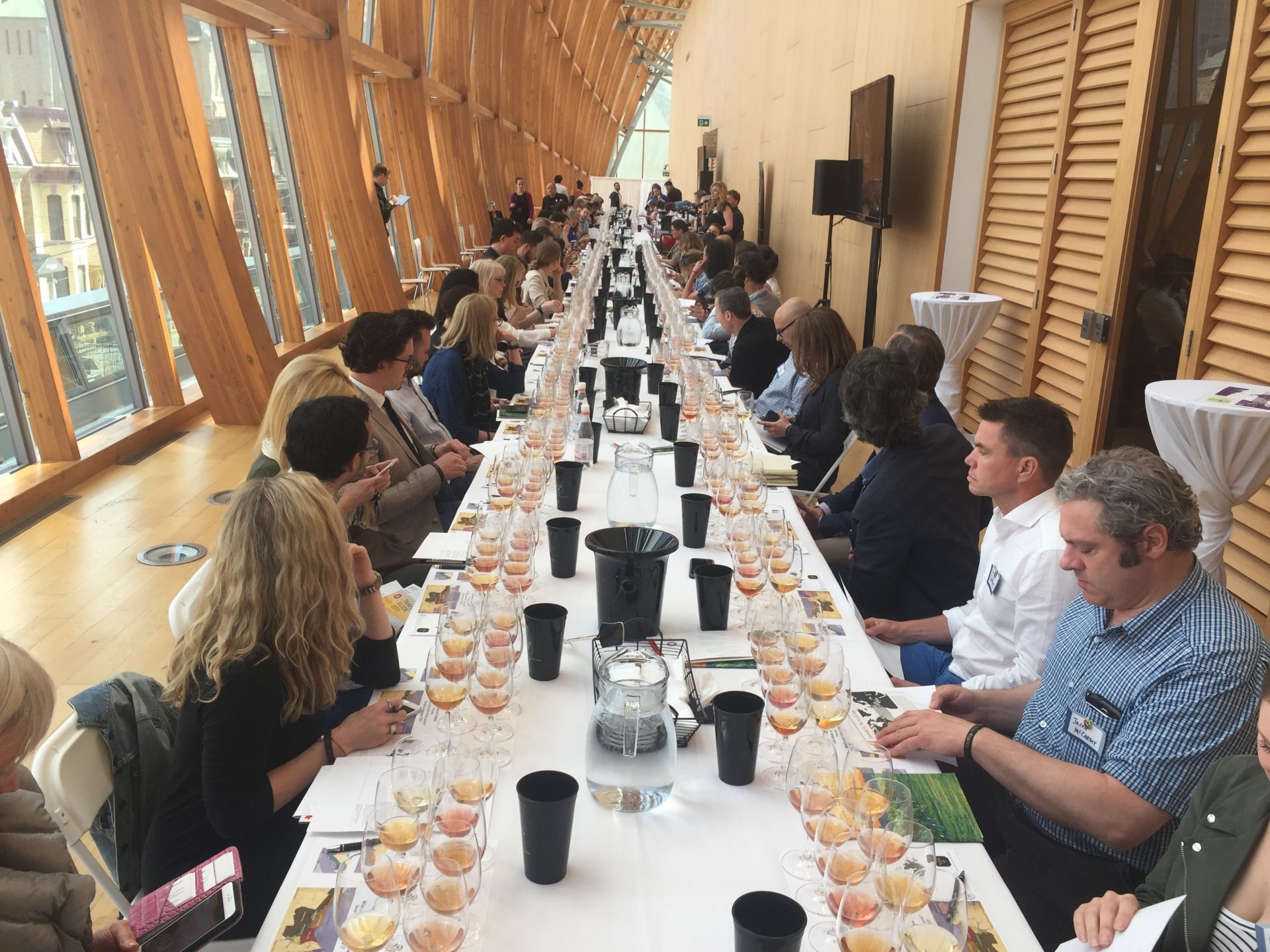


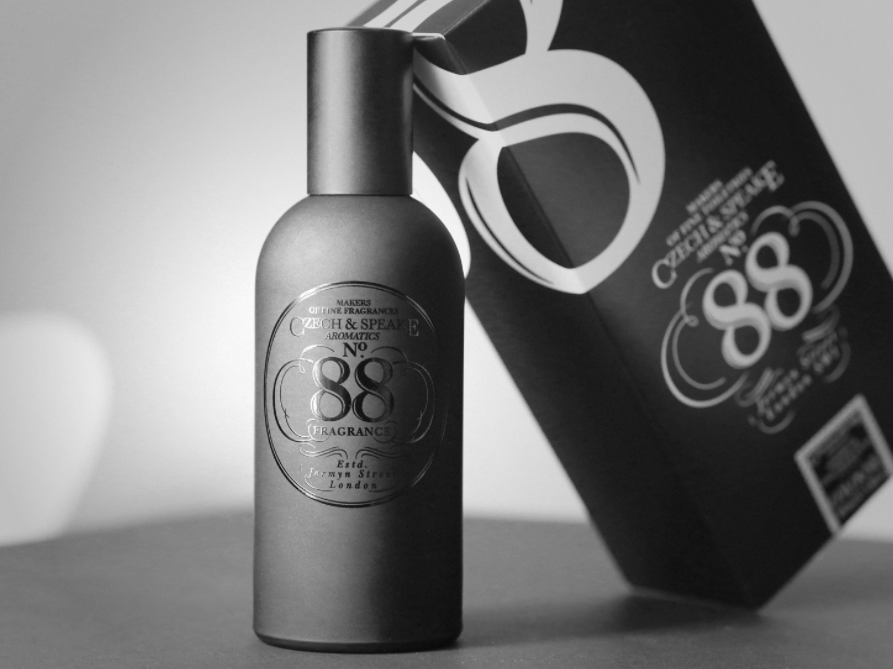

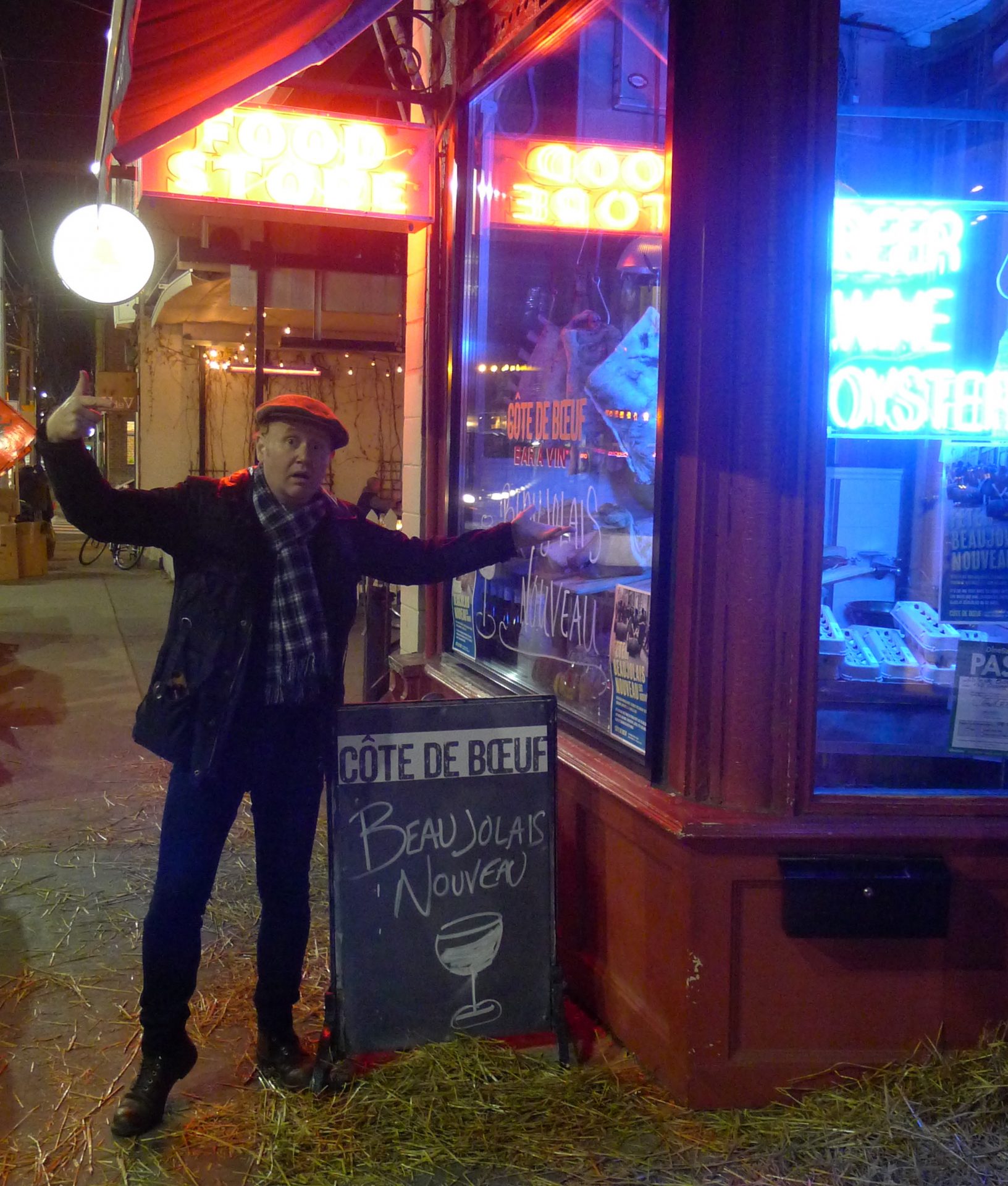

I agree with all the things you just said.
I as well
Bravo. Well said
I also deplore the rise orange wines and sour beers but will defend the rights of idiots to make them and drink them.
That’s a little harsh. I think that Southbrook’s orange wine, for instance, is a great way to make wine from vidal grapes, and makes for a delicious and interesting drink. I’m all for being skeptical of any wine trend, but the world would be a poorer place if all wines were made the same way.
With respect to the VQA tasting panel, I have no problem with them having the task of identifying clear faults in wines and preventing those obviously faulted wines from receiving VQA status, but I draw the line there. When a wine has to fit inside someone’s idea of varietal character, especially with so much diversity in our region with respect to clones, rootstocks, yeast strains, micro-terroir, winemaking choices, harvest dates, etc. it hardly seems reasonable to assume anyone has a clue what a Riesling, or Pinot, or Syrah, or Cab Franc, or Gamay in Ontario SHOULD smell or taste like. Blimey, stop putting everything in bloody boxes and let the wine buyers decide.
Great article! I have a couple questions:
1. When you say “2-acetyl-3,4,5,6-tetrahydropyridine finish” do you mean a bready or cramized finish. If not, what flavor/ aroma does this compound impart?
2. What do you think is the mechanism that causes skin fermentation to mask the varietal signature for white wines, while it does not mask the varietal signature for reds?
3. You mention “skin fermented white wines (read: orange wines)”. Do you see any stylistic difference between skin fermented white wines that have been fermented in a more anaerobic style vs. those fermented aerobic / open-topped?
Cheers,
Costa